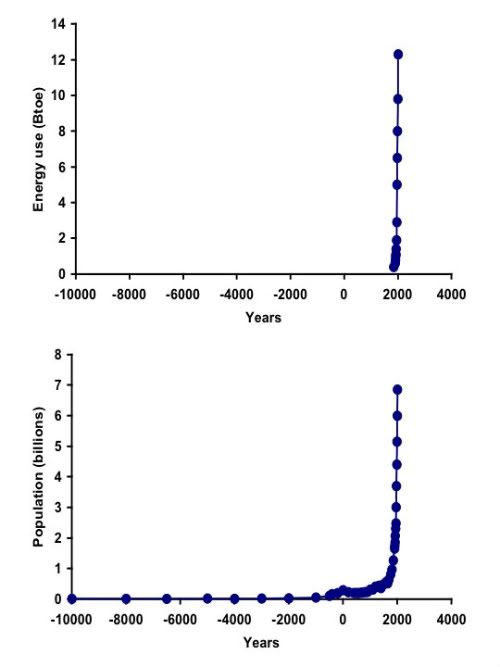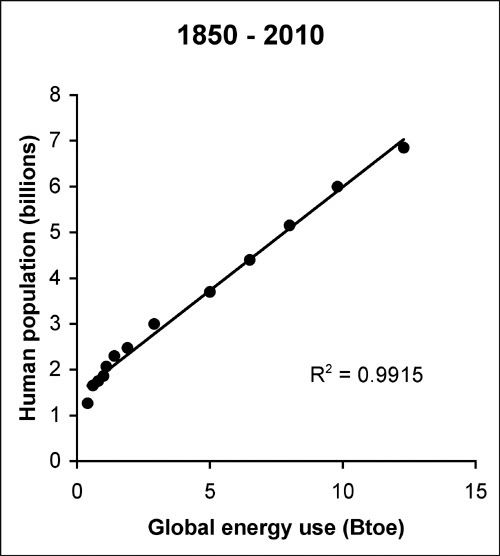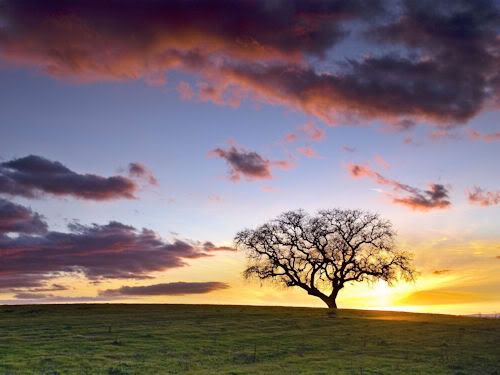Since the stolen election of 2000, a cyclonic lot of crazy stuff has been whirling above the surface that previously managed to stay largely submerged in public political consciousness. Among the eye-openers beyond Bush v. Gore were, of course, the 9/11 anomaly, the attacks on Afghanistan and Iraq, and the seemingly arbitrary and endless global war on terror more generally; the looming national security state and the steady erosion of Constitutional and international law; the general feeling that enlightenment has given way to endarkenment; free-ranging corporate malfeasance and immunity; the bursting of various financial bubbles resulting in a generalized, global economic implosion, resulting in turn in massive corporate bailouts and profits, ballooning deficits, joblessness and austerity measures for the masses; an increase in global civil unrest and pushback, including the Arab Spring, the Occupy movement, and anonymous cyber-resistance; rather massive ecological catastrophes and an increasingly alarming pace of numerous climate change indices, including Hurricane Katrina and multiple other extreme weather events; and such an abject failure of the media to report on these developments with any effort approaching due diligence that one not only suspects willful dereliction, but active collusion with various malefactors.
It’s no wonder that 99% of political dialogue is distracted and cannot focus on the major critical factors of our spiraling crises, which happen to be more inter-related than your average kissing cousins. Rather than getting deep into the weeds on any particular topic, it’s worthwhile to zoom out and look at the main populations of events and drivers of these spiraling crises as they are subsumed under a master narrative of carrying capacity, a subject that approaches the brink of taboo in political (but not biological) discussions, insofar as it challenges the main religious orthodoxy of our time, namely, unlimited growth. Let’s see if we can begin by accurately describing our situation in broad, simple strokes. Part 1 (this essay) aims to provide the relevant background narrative for subsequent discussion.
These first two graphs, which are virtually identical, show human energy use (top graph) and human population growth (bottom graph) over the past 12 thousands years or so. Several things should jump out immediately beyond their near identity. First, they are both wildly anomalous spikes in the historical record, one-time, vertical explosions of activity happening simultaneously. Before knowing anything else, the very shape of the functions are cause for serious doubts about the sustainability of these trajectories.
When plotted against one another during the explosive phase, the nearly perfect identity between energy use and human population is confirmed.
Because “behaviorally modern” humans have been around for at least 70,000 years, it would seem this sudden vertical trajectory did not happen because of some sudden evolutionary innovation of the past several hundred years. Rather, these two simultaneous trajectories are consistent with energy being perhaps “the” rate-limiting factor of reproductive success, and humans fell into the Mother Lode, leaving other large mammals in their proverbial dust.
Alternatively, it is possible that an accumulation of post-agricultural/post-division of labor and expertise cultural knowledge reached a critical mass whereby civilization (and population) suddenly bifurcated into an entirely new mode that would have happened independently of energy use. The arguments are not exclusive, but the key experiment would be to remove the energy (a “before-after-before” experiment) to see if the large-brained mammals could maintain anything resembling their current numbers and technological complexity in the absence of energy.
That natural experiment is, in fact, underway, and while the design is adventitious and imperfect, it should provide definitive results.



